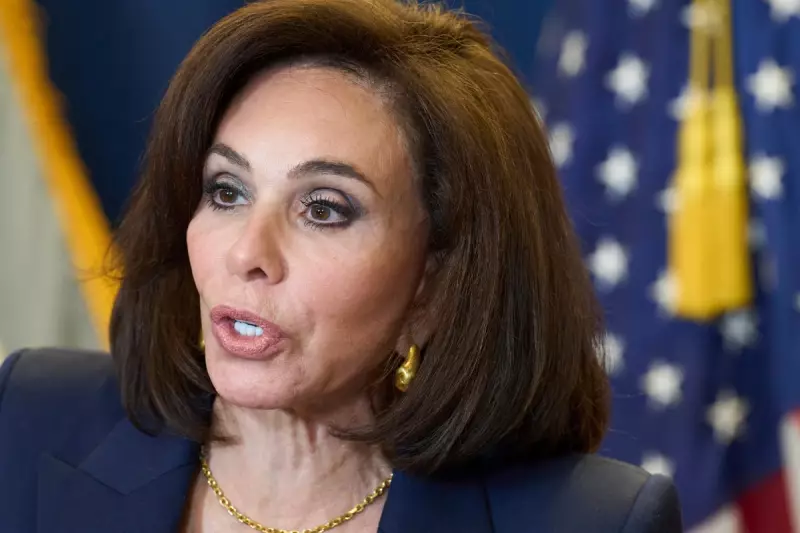
In a seismic ruling with profound implications for American democracy, the US Supreme Court has flatly rejected Donald Trump's audacious claim of absolute immunity from criminal prosecution. The decision, delivered on Monday, clears the path for the former president to face trial for his alleged efforts to overturn the 2020 election results.
The court's order, stark in its brevity, simply declined to hear the case at this stage, effectively endorsing a lower court's ruling that dismissed Trump's immunity arguments. This allows the Justice Department's case, led by special counsel Jack Smith, to proceed without further delay in a Washington DC court.
A Blow to 'King Above the Law' Doctrine
Trump's legal team had argued that a president must be immune from prosecution for official acts undertaken while in office, a claim that critics denounced as a bid to place him above the law. The federal appeals court panel that initially heard the case was unequivocal in its rejection of this notion.
'We cannot accept that the office of the Presidency places its former occupants above the law for all time thereafter,' the judges wrote in their scathing opinion. 'Former President Trump has become citizen Trump, with all of the defenses of any other criminal defendant. But any executive immunity that may have protected him while he served as President no longer protects him against this prosecution.'
The Road to Trial and Political Ramifications
The case now returns to US District Judge Tanya Chutkan, who will resume the pre-trial proceedings that were paused pending the Supreme Court's decision. This development significantly increases the likelihood that the historic trial, which accuses Trump of conspiracy to defraud the United States and obstruct an official proceeding, will begin before the 2024 presidential election.
The timing is politically explosive. Trump, the clear frontrunner for the Republican nomination, has successfully delayed multiple legal challenges. This ruling represents a major setback to his strategy of pushing trials until after the election, when he could potentially order the cases dropped if he wins.
The charges stem from a multi-pronged plot to subvert the democratic process, including propagating false claims of election fraud, pressuring state officials to alter results, and ultimately culminating in the violent insurrection at the US Capitol on January 6, 2021.
A Defining Moment for Accountability
This Supreme Court decision marks a pivotal moment in American jurisprudence, affirming that no individual, not even a former president, is immune from criminal accountability. It reinforces the principle that the rule of law applies equally to all citizens.
As the case moves forward, the nation watches a legal process that will test the resilience of its institutions and set a precedent for presidential power and responsibility for generations to come.





